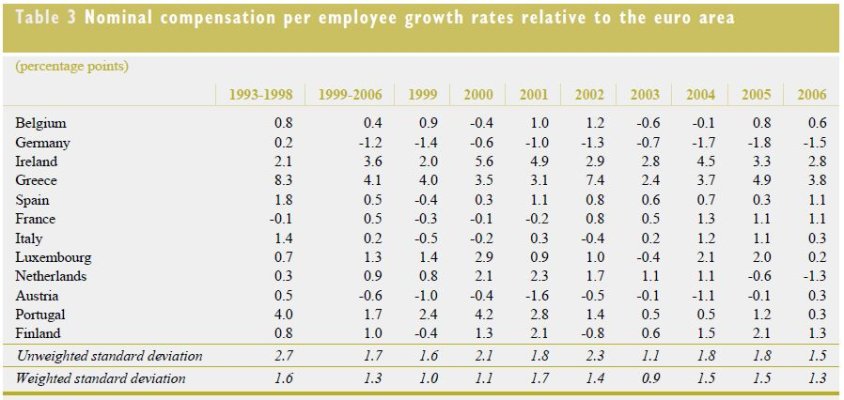The dollar proved to be last month’s best investment, beating stocks, bonds and commodities, confounding officials around the world who said Federal Reserve policies would debase the U.S. currency. . . .
The gain in the Dollar Index brought its advance for the year to 4.4 percent
America’s currency rose even as Japan Prime Minister
Naoto Kan said Nov. 4 the U.S. was pursuing a “weak-dollar policy” through its plan to buy Treasuries. Chinese central bank adviser
Xia Bin said the same day the Fed’s policy amounted to “uncontrolled” money printing.
“Strong U.S. economic figures have helped the dollar,”


